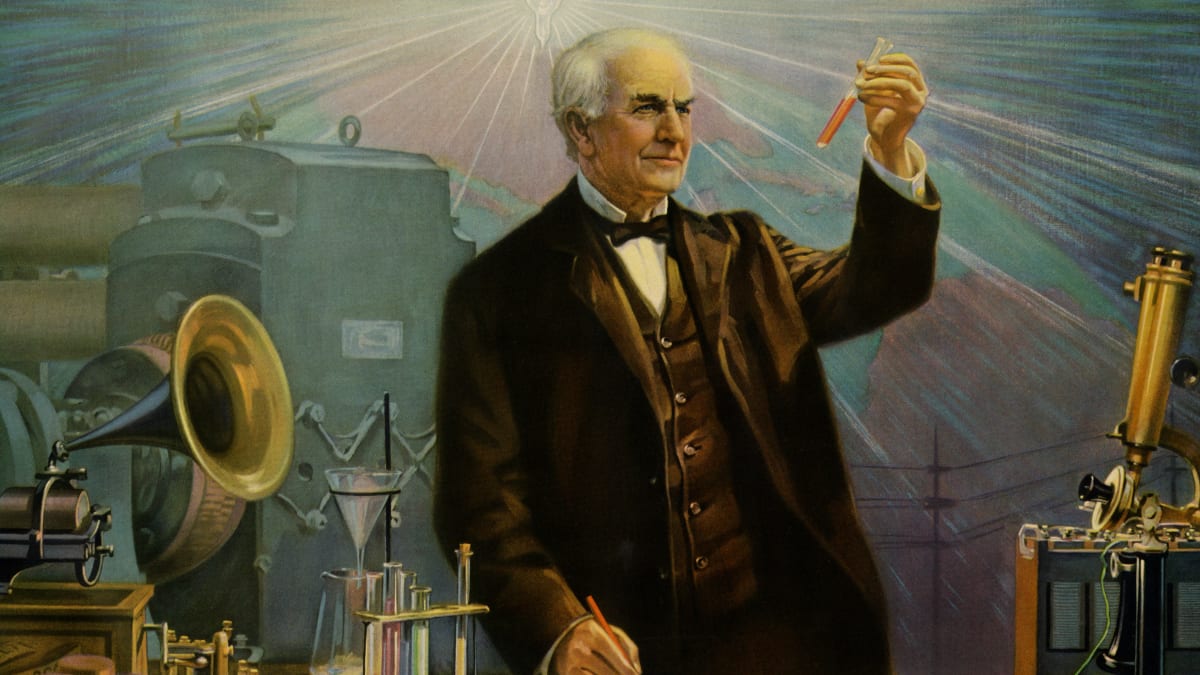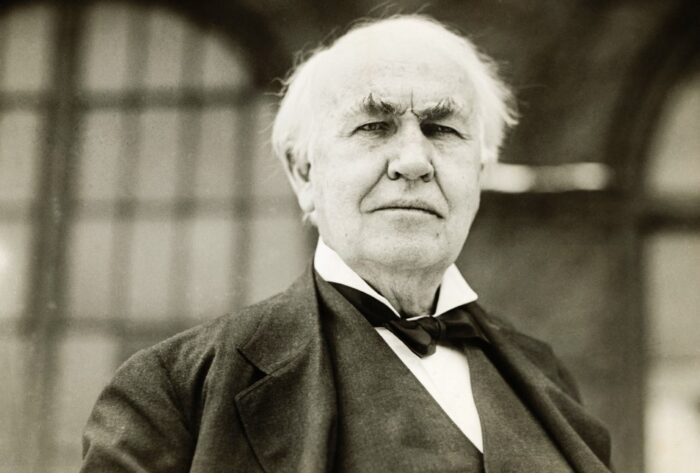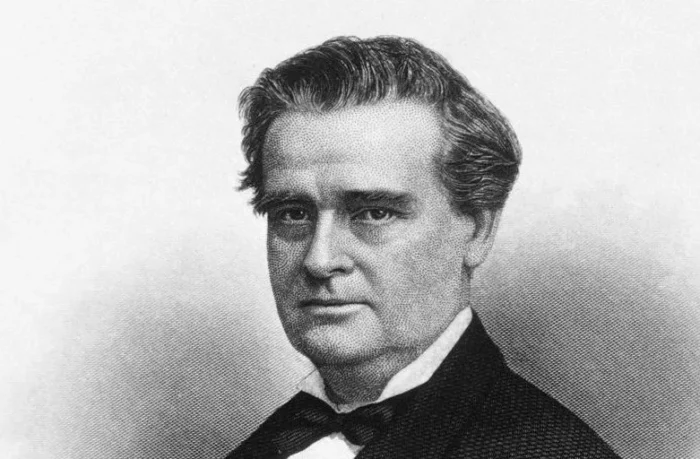
Inventing is often seen as a noble pursuit, one that has brought about some of the greatest technological advancements in history. From the printing press to the smartphone, inventors have shaped the world we live in today. However, not all of them have used their power for good. In fact, some have abused their position to commit heinous crimes or perpetuate harm. Here, we take a closer look at some of the inventors who have crossed the line.
One of the most infamous inventors of all time is Thomas Edison. While Edison is known for his contributions to the field of electricity and the invention of the light bulb, he was also a ruthless businessman who used his power to crush his competitors. Edison was known for stealing the ideas of other inventors and claiming them as his own. He also engaged in smear campaigns against his competitors, using his influence to damage their reputations and undermine their businesses. Despite his questionable tactics, Edison is still celebrated today as one of the greatest inventors in history.

Another inventor who abused his power was John DeLorean. DeLorean is best known for his work on the DeLorean DMC-12, the iconic sports car featured in the “Back to the Future” movie franchise. However, DeLorean’s success was short-lived, as he was later arrested for drug trafficking. DeLorean was caught on tape agreeing to sell cocaine to an undercover FBI agent in exchange for funding for his struggling car company. Despite his criminal behavior, DeLorean is still remembered for his contributions to the automotive industry.
Perhaps one of the most disturbing cases of an inventor abusing their power is that of James Marion Sims. Sims was a 19th-century physician who is considered the father of modern gynecology. However, Sims’ accomplishments came at a great cost. Sims conducted experimental surgeries on enslaved African American women without anesthesia, believing that black women did not experience pain in the same way that white women did. Sims’ experiments were cruel and inhumane, and they resulted in the deaths of several women. Despite this, Sims is still remembered as a pioneer in his field.
Alfred Nobel made a name for himself by inventing dynamite. This invention revolutionized the construction industry, making it easier to build roads, tunnels, and other infrastructure. However, the same invention also found its way into warfare, causing massive destruction. Nobel amassed a fortune from selling explosives, but this led to public debates about the ethics of profiting from tools of destruction. To address these concerns, Nobel established the Nobel Prizes, which reward contributions to humanity. For additional information on how the Nobel Prizes came to be, check here.
Guglielmo Marconi is often credited with inventing the radio, a breakthrough that changed the way we communicate. However, his journey was not without controversy. Marconi found himself in legal battles over patents with other inventors like Nikola Tesla and Alexander Popov. These disputes cast a shadow over his achievements, raising questions about the originality of his work and whether he fairly credited the contributions of others.
Robert Oppenheimer played a key role in the development of the atomic bomb as part of the Manhattan Project during World War II. While the bomb effectively ended the war, it also obliterated the cities of Hiroshima and Nagasaki, killing hundreds of thousands of people. This led to intense debates about the ethics of using such a devastating weapon. Oppenheimer himself later expressed regret, famously quoting from the Hindu scripture Bhagavad Gita: “Now I am become Death, the destroyer of worlds.”
James Watson and Francis Crick are renowned for their discovery of the DNA double helix structure, a milestone in the field of genetics. However, they faced backlash for not adequately crediting Rosalind Franklin, whose X-ray crystallography work was crucial to their discovery. Franklin’s contributions were largely overlooked during her lifetime, and it was only years later that she received the recognition she deserved.
Mark Zuckerberg, co-founder of Facebook, has also faced his share of controversies. While Facebook revolutionized social interaction online, it has been embroiled in numerous scandals involving data misuse and privacy breaches. The platform has also been criticized for its role in spreading misinformation and its impact on mental health. These issues have led to ongoing discussions about the ethical responsibilities of social media companies and whether they are doing enough to address these concerns.

Inventors are often seen as heroes, but the reality is that they are just as capable of abusing their power as anyone else. This is why it is important to be vigilant and hold them accountable for their actions. One organization that is doing just that is InventHelp.
This company provides assistance to inventors who want to bring their ideas to life. The company offers a wide range of services, including patent assistance, prototype development, and marketing support. By helping them navigate the often-complex world of product development, InventHelp is helping to ensure that new products are brought to market in a responsible and ethical manner.

While inventors who abuse their power are certainly in the minority, their actions can have a profound impact on society. This is why it is important to celebrate the ones who use their power for good while holding those who abuse their power accountable for their actions. By working together, we can ensure that inventors continue to make positive contributions to society for years to come.








